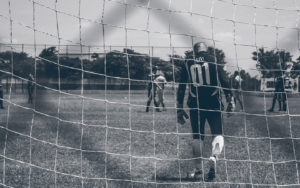THEORETICAL FRAMEWORK
Soccer players are required to develop multiple physical qualities including strength, speed, and aerobic capacity. They frequently undertake technical and tactical training sessions (Hoff and Helgerud, 2004; Sparkes et al., 2018) and, thus, concurrent training effects are often observed (Hoff and Helgerud, 2004; Sparkes et al., 2018). In general, professional players regularly execute soccer-specific and strength training sessions on the same day, with a short time interval between them (Hoff and Helgerud, 2004; Sparkes et al., 2018). Nonetheless, no studies have reported the fatigue and recovery profiles of combined soccer and resistance training sessions on the same day. This is somewhat surprising, given the prevalence of these practices in more applied scenarios. In this regard, it is plausible to consider that the realization of an additional training session may result in greater metabolic stress and reduced neuromuscular performance, which possibly compromises the subsequent training session. More information on this issue may allow practitioners to make more adequate decisions about training content during congested schedules.
STUDY OBJECTIVES
The aim of this study was to compare the 24-h fatigue responses from a single versus a double-training session day on neuromuscular function, endocrine, and mood responses of soccer players.
MAIN RESULTS
After analyzing the 24 h responses of single (i.e., small-sided game [SSG]; 42 min total playing time) and double-training session (i.e., SSG + resistance training session) days on distinct physical, physiological, and psychological markers in 12 semi-professional soccer players, it was observed that:
- For both conditions, the soccer-specific training induced immediate fatigue, as evidenced by moderate disturbances in mood and small decreases in jump height.
- A single soccer training session was not capable of inducing mood and neuromuscular disturbances at 24 h post-training.
- The addition of a strength training session 2 h after soccer training resulted in small impairments in neuromuscular performance, mood, and endocrine markers at 24h post-training, which indicated additional fatigue effects.
CONCLUSIONS
A soccer-specific training session of about 40 minutes combined with lower body resistance training resulted in small to moderate disturbances in neuromuscular, mood, and endocrine markers over a 24 h period in comparison to the SSG alone.
FSI STATEMENTS
- A single soccer training session promotes an immediate post-exercise fatigue response.
- Practitioners must be aware of the recovery time needed when implementing resistance training sessions after soccer specific workouts.
- It is desirable for the strength-power training session to be performed prior to soccer training to avoid the interference phenomenon during concurrent training programs.
- When performing double training sessions in a day, athletes might experience fatigue signs 24 h after the last session.
- Constant monitoring of mood status, neuromuscular performance, and endocrine markers is required to better understand the players’ responses to distinct training strategies and allow them adequate recovery time.
Hoff, J., & Helgerud, J. (2004). Endurance and strength training for soccer players. Sports medicine, 34(3), 165-180.
Sparkes, W., Turner, A., Weston, M., Russell, M., Johnston, M., & Kilduff, L. (2018). Neuromuscular, biochemical, endocrine, and mood responses to small-sided games’ training in professional soccer. The Journal of Strength & Conditioning Research, 32(9), 2569-2576.





